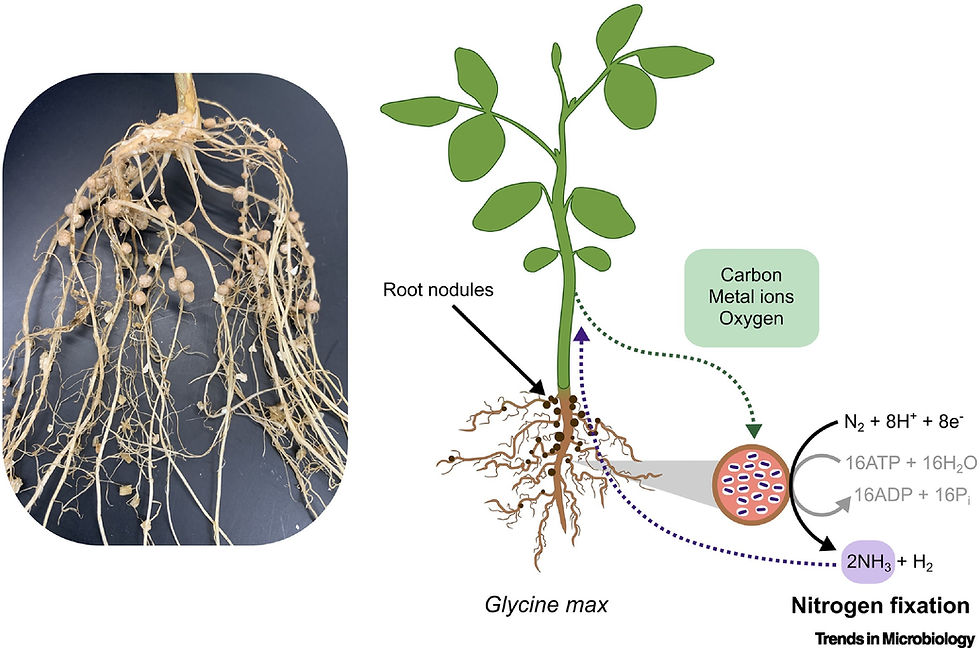Four principles of organic agriculture (4/4): Care
- Miguel M.LS.

- Dec 14, 2021
- 2 min read
Updated: Jan 12, 2022
The principles of health, ecology and fairness are brought together into the fourth and final principle of organic agriculture: the principle of care. It is a principle already present in the other three (as with any consistent philosophy, any part of it leads to the others); it is present in caring for the health of those who consume the food produced by organic agriculture, by caring for the ecosystems within which we work, and for the societies that are inherently intermingled with the productive processes that go from planting a single seed, to putting food in the world’s tables.
But the principle of care goes beyond these three forms of caring, into becoming a personal value of those who engage in organic agriculture. It goes from the external into the internal, and becomes the principle of caring: caring enough about the consequences of the ways in which we produce the food that we need to survive, so as not to end up destroying our world and ourselves in the process. The principle of care is the one that guides anyone who consciously and willingly decides to switch from an unsustainable, unhealthy, unfair system of food production into something different, as organic agriculture can be. It is not exhausted by those three forms of presenting itself, and so it is also present in caring enough to review the available literature and maintain oneself up to date with the latest innovations in organic technology; it is caring enough to join organizations of producers, to offer organically managed farmland for school trips so that children can see how their food is grown; is caring enough to go beyond what is immediately profitable and into what is valuable, such as changing the public perception of what an efficient, well-managed farm should look like.
It is also the principle of caring enough about the consequences of our actions (come to think of it, it could just be called the principle of responsibility) so as to not dismiss practical, ‘folk’ wisdom that can bear important insights into how agriculture in a particular area works, and not to adopt any technique that seems in line with organic agriculture without looking into it first. When we care about something, we first of all take care of not harming it. Caring in organic agriculture has that prudential dimension too.
Care. That’s what organic agriculture is about, in the end. Caring, and inspiring others to care too. About where their food comes, how is it produced and how it might be ― if we are going to become a more ecologically friendly, healthier, fairer global society.

It's no coincidence that pictures of hands, like this one, often figure in texts about sustainability, justice or agriculture: it's with our hands that we express concern, affection, closeness. They're virtues that we expect from those who feed us too; we expect them to care.



Comments